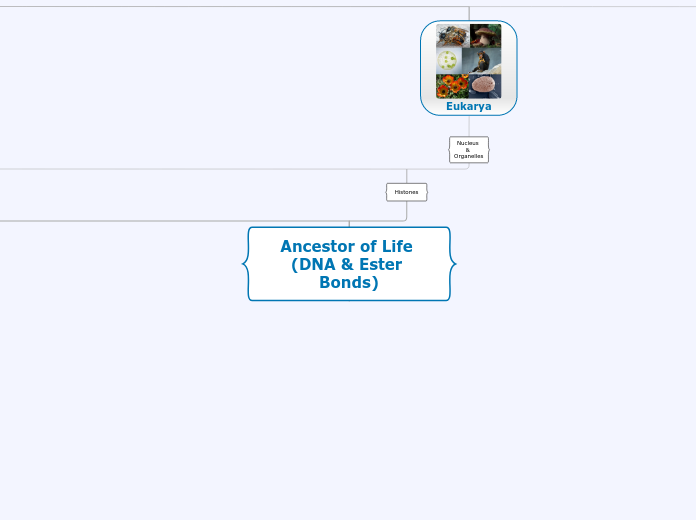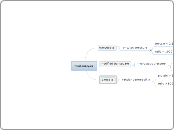lymph
lymphoid organs
secondary (peripheral)
bone marrow
post natal
MALT
lymph node
spleen
blood supply
splenic artry
trabecular artry
central artry
penicillary artrioles
sheathed artrioles
terminal artrioles
splenic cord
splenic sinus
venules
trabecular veins
splenic vein
portal vein
hematological
storage of blood in animals
hemopiosis in fetal
destroing old erythrocytes
immutological
anti-bodies formation
B cells proliferation
T lymphocyte proliferation
pulp
red
parts
splenic cords
satellet cells
to prevent coagulation of blood by isolating type 3 reticular fibers from the blood
extravasted blood
reticular fibers type 3
splenic sinuses
coated by basal lamina
discontineous
endothelial cells (fusiform)
spongy
marginal zone
functions
B cells activation
T lymphocyte activation
macrophages attack macro-organism
megration of B cells into white pulp
searching for antigenes
T lymphocytes
interdegitation dendritic cells
seprates white pulp from red pulp
white
B cells
push central artry to peripheral position
frequently
sorround central artry
central artry
convex
concave
helium
entry point
capsulated
largest lymph organ
primary (central)
thymus
digourgi ssyndrom
no Ca+
tetani
no T lymphocyte
infection
failur in thymus devlopment
thymic hormons
affected by
suprarenal
adrenocorticosteroid
petitury
thyroxine
gonadal
somatotropine
facilitate T lymphocyte proliferation
types
thymic humral facto
thimlin
thymopiotine
thymusin
paracrine hormon
reticular cells !
encapsulated
dens C.T
location
superior medisternum
primary organ for maturation
vascular supply
thymus artry
arterioles
cappilarry
blood thymus barrier
type 1 reticular cells
prevents T lymphocytes to contact with blood-born macromolcule
small bed
vein
structure
30-40 gram
medulla
type 6
in the middle (most common)
type 5
cytoreticolum
type 4
cortico-medullary junction
T lymohcytes only
cortex
cells
MHC
APCs
reticular cells
type 3
in the cortico-medullary junction
type 2
dismosome junction
in the medle
type 1
ocloding junction
in the border of trabecules and capsule
macrophages
T lymphocyte
2%
to medulla
98%
phagocitosied by macrophages forming tingble body
two lobs
devided by trabecules into lobules
bone maroow
postnatal
prenatal
liver
function









